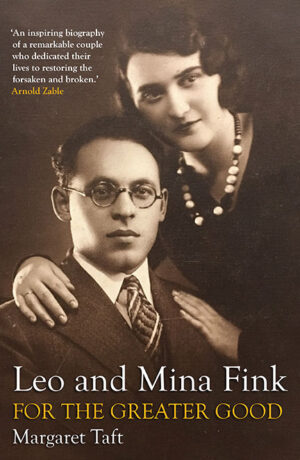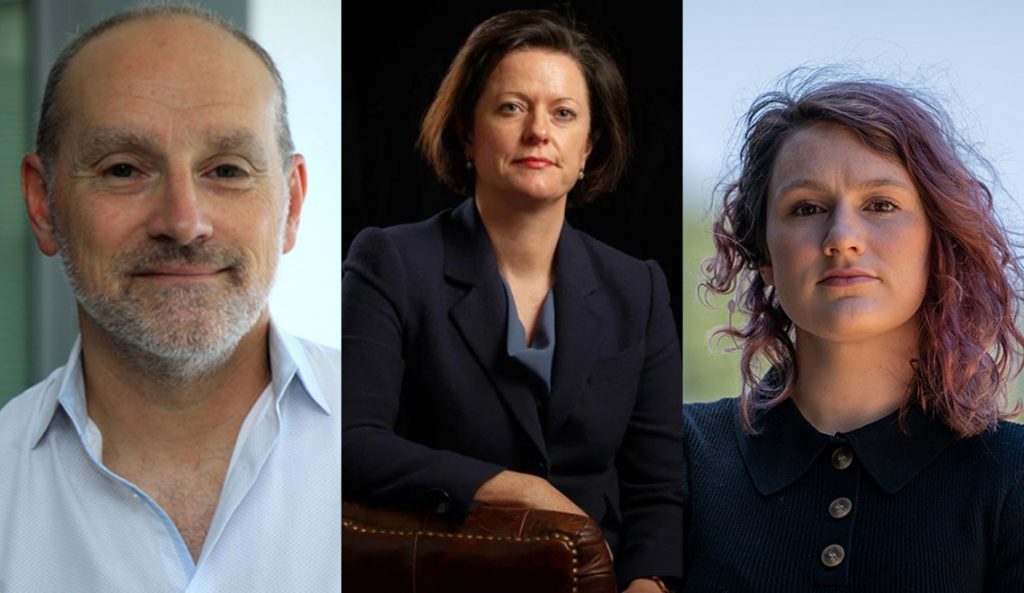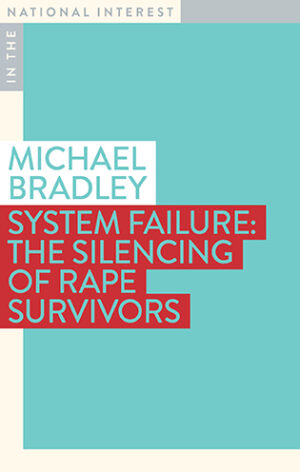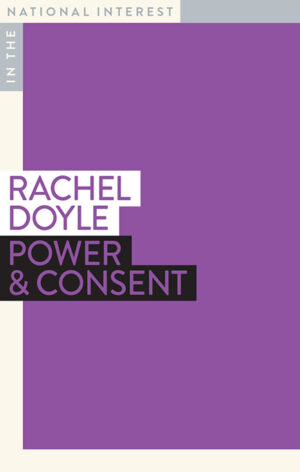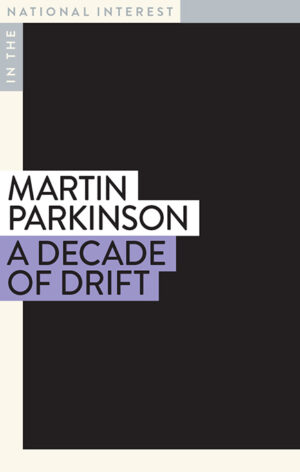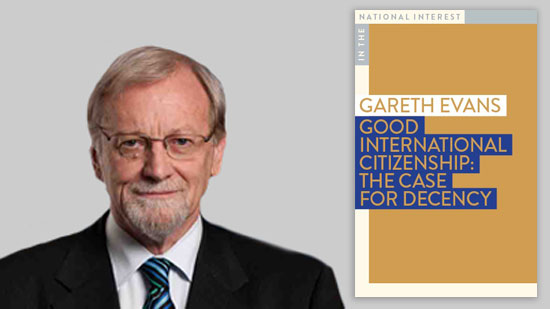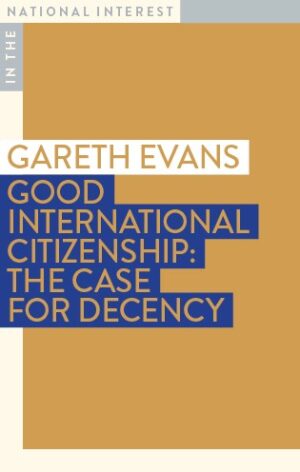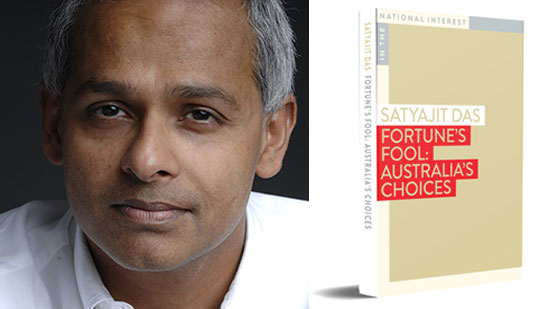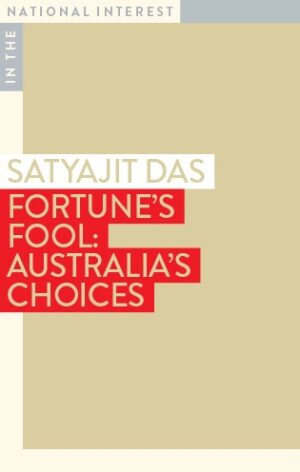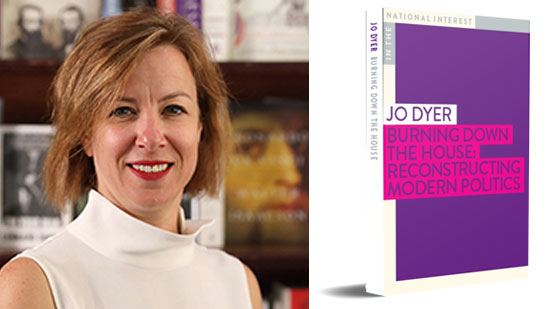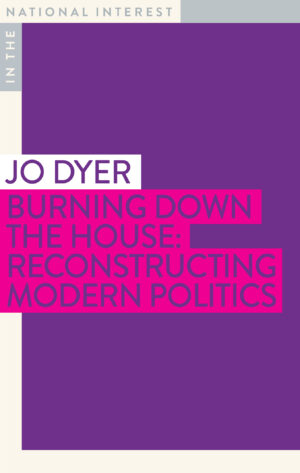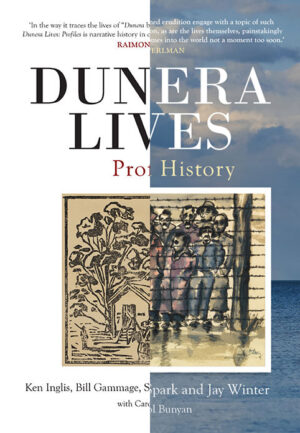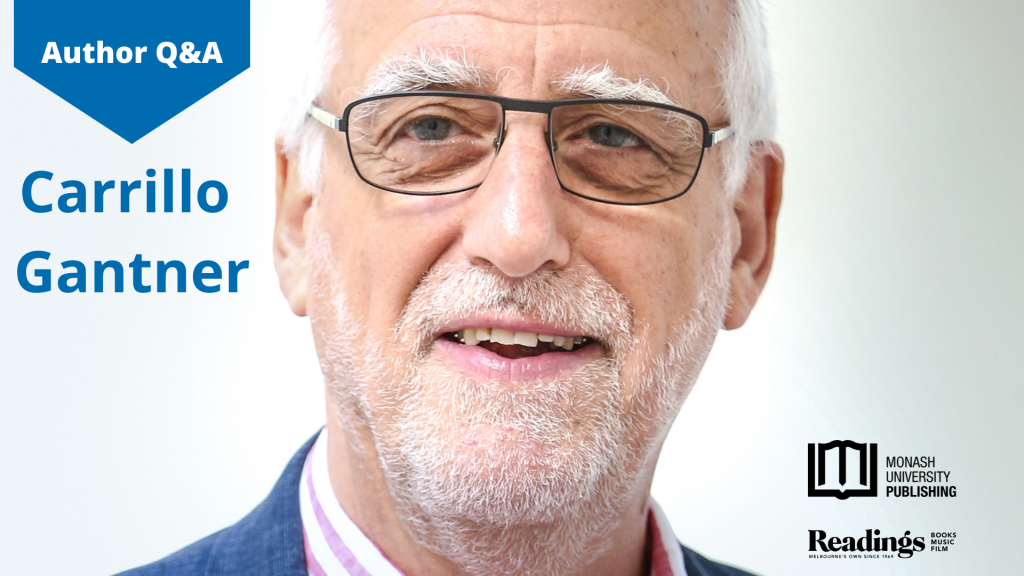
Please note: this event is being held online.
Join us to hear Carrillo Gantner in conversation with Linda Jaivin, author of The Shortest History of China.
Gantner’s Dismal Diplomacy, Disposable Sovereignty: Our Problem with China & America, is an explanation of how we can repair the recent damage done to the Australian/US/China.
This book describes the current unhappy situation and, based on Gantner’s forty years of work in cultural exchange with China, offers some modest suggestions on improving bilateral relations.
This event is free to attend but bookings are essential.
How to ‘attend’ a virtual event at Readings
This event commences online at 6.30pm using the video conferencing platform Zoom.
To book for this event, you must provide your email address.
To ensure the Zoom event stays private, participants will be emailed a unique zoom link and a password 30 minutes before the event begins on the day of the event. Please check your email.
All bookings for online events will be closed one hour before the event begins.
You do not need to have a Zoom account to join a meeting, but mobile users will need to download the Zoom app for their device. Desktop and laptop users can either download the Zoom application or access the event via their web browser.
-
Dismal Diplomacy, Disposable Sovereignty
Carrillo Gantner

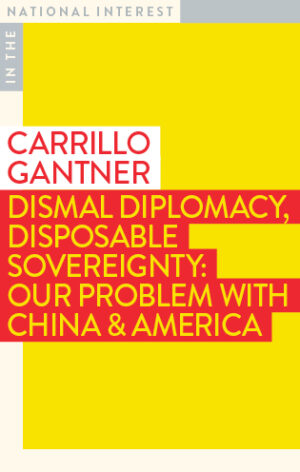
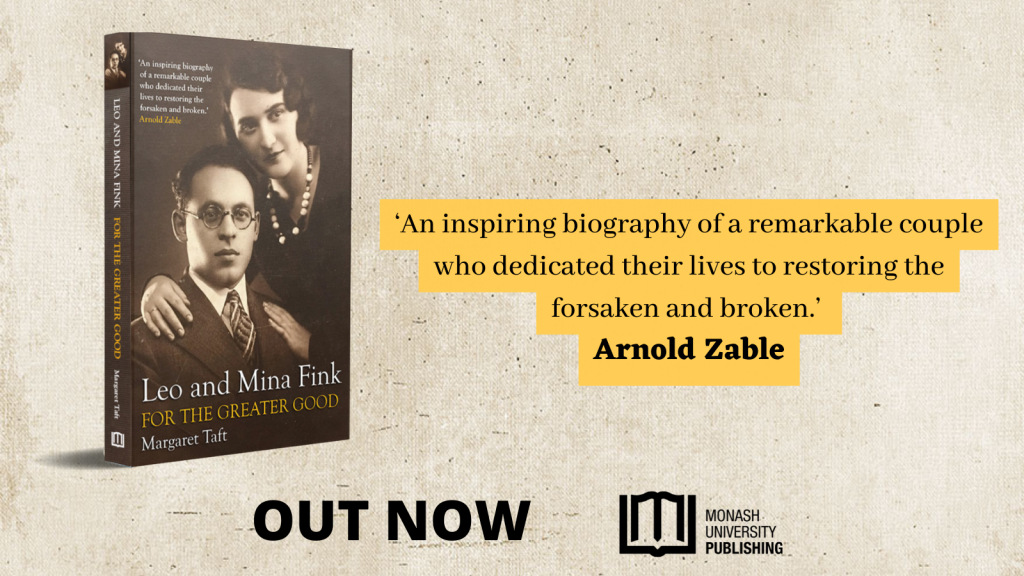
 Dr Margaret Taft is a research associate at the Australian Centre for Jewish Civilisation at Monash University. For the past 12 years her research has focused on the reconstruction of Jewish immigrant life in pre-war and post-war 20th-century Australia. Her particular interest lies with the Yiddish speakers from Eastern Europe whose personal agency, leadership and cultural identity transformed what had been a predominantly Anglo Jewish community.
Dr Margaret Taft is a research associate at the Australian Centre for Jewish Civilisation at Monash University. For the past 12 years her research has focused on the reconstruction of Jewish immigrant life in pre-war and post-war 20th-century Australia. Her particular interest lies with the Yiddish speakers from Eastern Europe whose personal agency, leadership and cultural identity transformed what had been a predominantly Anglo Jewish community. Michael Gawenda AM is one of Australia’s best-known journalists and authors. In a journalism career spanning four decades, Michael has been a political reporter, a foreign correspondent based in London and in Washington, a columnist, a feature writer, a senior editor at Time Magazine and the Editor and Editor in Chief of The Age in Melbourne from 1997 to 2004.
Michael Gawenda AM is one of Australia’s best-known journalists and authors. In a journalism career spanning four decades, Michael has been a political reporter, a foreign correspondent based in London and in Washington, a columnist, a feature writer, a senior editor at Time Magazine and the Editor and Editor in Chief of The Age in Melbourne from 1997 to 2004.